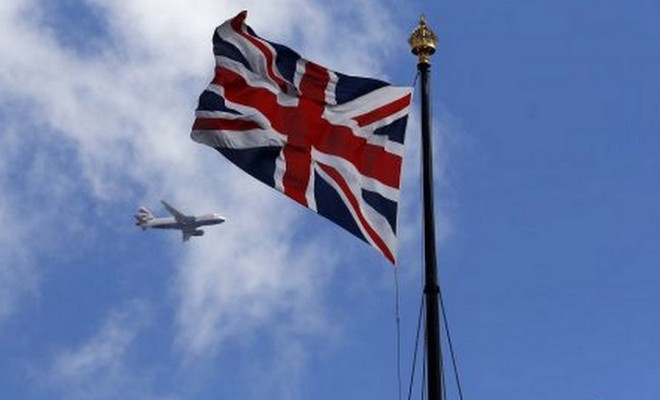
The EU is blind to its own failing tactics
The next round of EU-UK negotiations have begun. Now Britain has left the EU, the aim of these new talks is to work out what kind of relationship we will have once the transition period ends in ten months time.
Given their opening position, it’s clear that the EU thinks these talks are about the extent to which there is going to be continued regulatory alignment. If the UK wants open access to EU markets, they say, the UK must agree to be bound by EU regulatory oversight – a so-called ‘level playing field’.
In addition, the EU appears to want these talks to be about continued access to UK fishing waters as a common resource.
But in reality these negotiations are not going to decide any of that. Whatever is notionally on the agenda when the two sides meet, there is zero chance of the UK agreeing to be bound by EU rules. Boris Johnson has made that very clear on repeated occasions, and, having won a landslide majority in December, is now able to back those words up without fear of Parliament blowing him off course.
What will be decided – even if the EU negotiating team cannot see it – is the degree to which the UK remains geopolitically aligned to the EU. What now sits in the balance in the meetings between Michel Barnier and Boris Johnson’s envoy, David Frost, is not the extent to which the UK follows EU digital regulation (we won’t). It’s a question of what commitments we might have to EU allies on matters of defence, security and foreign policy.
It’s a remarkable failure of statecraft that key decision makers on the EU side don’t seem to be able to see this – and it’s worth trying to work out why.
Having spent much of my adult life campaigning to get the UK out of the EU, I have noticed a pattern of behaviour by the Euro establishment.
Each time the EU side has been presented with what you might call British concerns about the nature of our relations with them, they start off by failing to take us seriously. Rather than address our concerns, the Brussels side seemed to expend its efforts into brushing them aside.
An obvious example of this was when Tony Blair, hardly a noted Eurosceptic, warned back in the late 1990s that the EU was overly centralised. Reform, he understood, would be needed to make the block become more competitive.
How did the EU establishment respond? Blair was fobbed off with the so-called Lisbon Agenda, which was supposed to be an ambitious reform initiative, but which saw no powers actually passed back to member states.
Συνέχεια ανάγνωσης εδώ
Πηγή: capx.co




